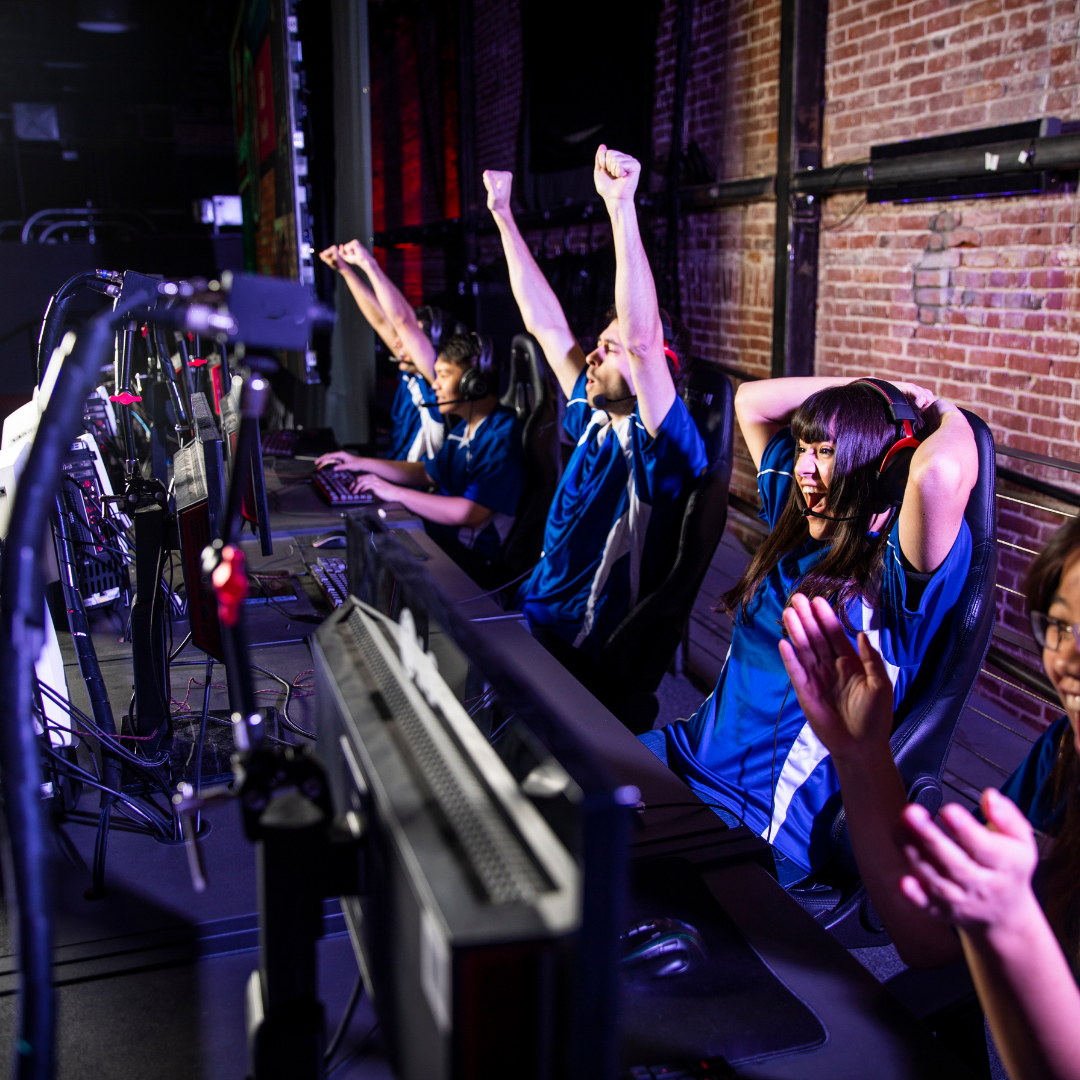The ever-increasing popularity of competitive gaming has introduced many new fans to the world of eSports, and it’s done so in a way that’s appealing to both casual and hardcore gamers alike. This content-first approach is proving successful in a way that traditional sports would envy, and it’s paving the way for a new generation of exciting eSports-related projects which will surely enhance the audience’s experience of the game.
eSports is a massive industry, with a market value of around 512 million and revenue of 291 million in 2017. The growing fandom and prize pools of eSports competitions have led to the mainstream appeal of eSports. The industry’s main revenue source comes from ticket sales and merchandise sales. The industry is also gaining popularity among young adults and families.
The appeal of playing video games is immense. Millions watch people compete online to prove who has the best gaming skills. These games have always been a big attraction, but a new type of game is on the rise. eSports are now considered a legitimate sport, and what was once a hobby is now a full-time career. So, how did eSports get to this point? Let’s take a look at how eSports began, where its popularity is today, and what the future holds for it.
More Than a Game: The Appeal of eSports
In the past year, competitive gaming has exploded in popularity: only last month, ESPN aired the finals of the League of Legends World Championship, while this month, it will air the finals of the Hearthstone World Championship. In the past, competitive gaming has been seen as a niche hobby that just a few hardcore fans enjoyed. But, what if competitive gaming was as mainstream as, say, sports?
Video games have been around since the 1960s, and they’ve evolved over the years to become the multi-billion dollar industry that they are today. Like the NBA or the Super Bowl, Fandoms have their fanbases that celebrate the glory days of yesteryear or the current top players, but it’s the eSports scene that’s truly blowing up. Since the explosion of League of Legends in 2009, eSports teams have grown dramatically, and they’ve established themselves as an important factor in the industry.
Best Place to Be in eSports
While it’s hard to tell exactly what the future of eSports will be like, it’s pretty safe to say there is no shortage of big business in the games industry. It’s easy to see why: eSports is big business, and the industry is only getting bigger. DOTA 2 was recently released by Valve, the company behind Half-Life, the team behind League of Legends has reported a million-dollar profit for the year, and Activision Blizzard has just announced plans to create a $1 billion eSports league, which equates to around 736 million.
For the average gamer, the idea of playing an online game on a screen with a bunch of guys, who just like themselves, gather online to play games, and even trash talk, is hard to grasp. While these gamers are technically all playing the same game, they are completely different. The mainstream appeal of eSports makes the idea so difficult to grasp that there is something more to the online world than what the average gamer sees. This is a hard concept to understand because it involves a different way of thinking.
What is the Appeal of eSports?
eSports is a massive industry, with millions of fans and tens of millions of dollars flooding into tournaments. But what is it about this growing community that millions of people around the world enjoy? Why is it so popular? Is the appeal just about the games? Or is there something about the culture that draws us in, like the mainstream appeal of comics and cartoons?
eSports is one big pile of weird. The combination of extreme dedication, competition, and palpable passion has made it into the mainstream with the success of the League of Legends, Counter-Strike, and other eSports titles.
For a lot of people, the appeal of eSports is obvious; fans of various games get together in one place and watch the games they love. It’s a hugely popular spectator sport, with a global reach and big crowds. The big question is why people like to watch this sort of thing in the first place.




